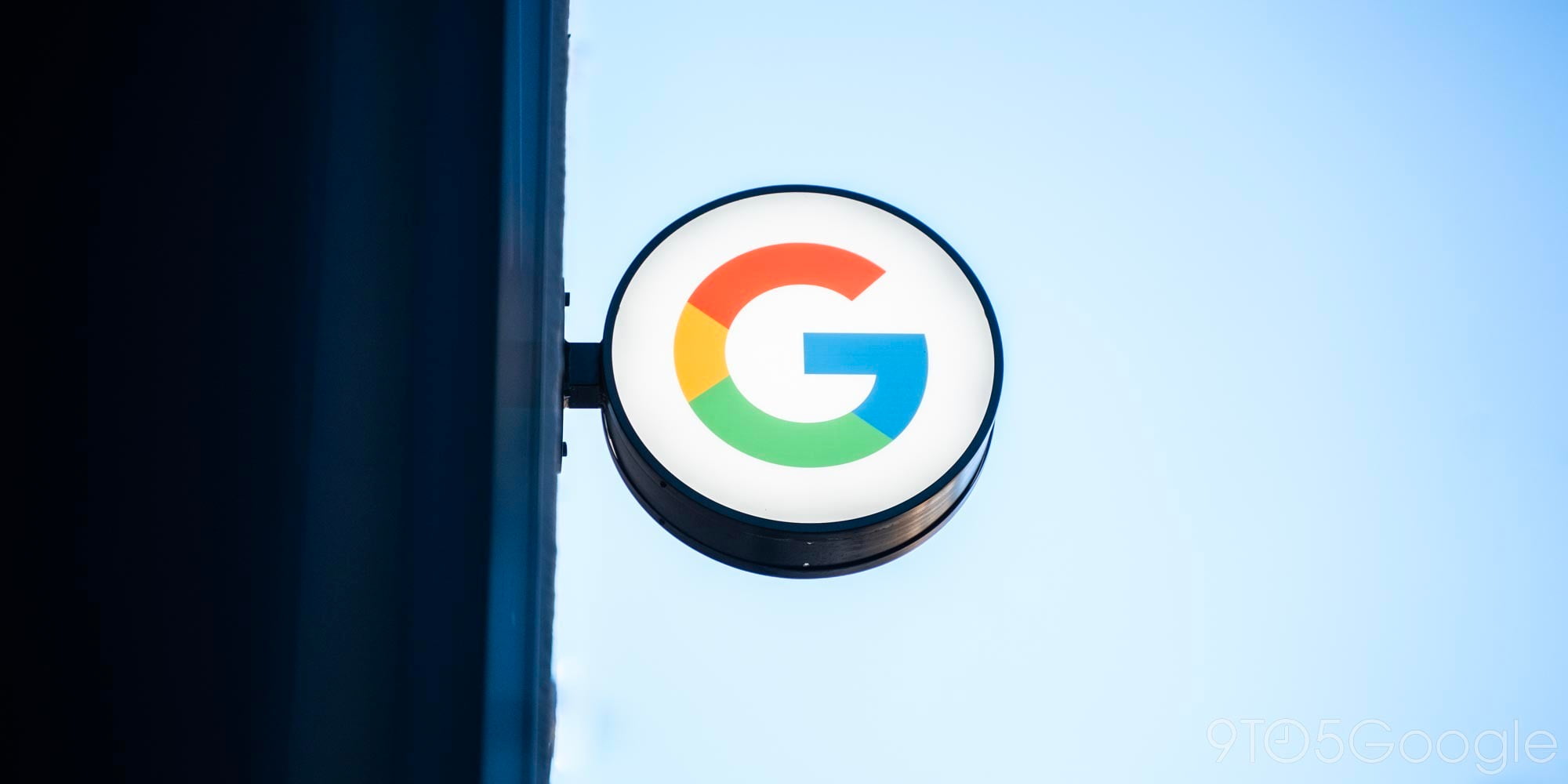

As previously rumored, in a press release published today, the EU has filed yet another antitrust movement against Google. This time it centers on Android, the company’s wildly successful mobile operating system, which the EU thinks is in breach of the continent’s antitrust rules. In short, the European Commission thinks Google is using Android to deliberately restrict other mobile operating systems, browsers and search engines.
The European Commission stated that Google has breached rules by forcing manufacturers to pre-install Google Search and the Chrome browser, and requiring that they set Google Search as the default. It also alleges that Google prevents manufacturers from selling devices running competing operating systems, based on Android‘s open source code. What’s more, it claims Google has offered financial incentives to manufacturers and mobile network operators to “exclusively pre-install Google Search on their devices”.
Commissioner Margrethe Vestager, in charge of competition policy, said: “A competitive mobile internet sector is increasingly important for consumers and businesses in Europe. Based on our investigation thus far, we believe that Google’s behaviour denies consumers a wider choice of mobile apps and services and stands in the way of innovation by other players, in breach of EU antitrust rules. These rules apply to all companies active in Europe. Google now has the opportunity to reply to the Commission’s concerns.“
Almost as if they knew about it before the press release went live, Google has responded to the EU’s official complaint, claiming that its mobile OS is good for competition:
- Our partner agreements are entirely voluntary — anyone can use Android without Google. Try it—you can download the entire operating system for free, modify it how you want, and build a phone. And major companies like Amazon do just that.
- Manufacturers who want to participate in the Android ecosystem commit to test and certify that their devices will support Android apps. Without this system, apps wouldn’t work from one Android device to the next. Imagine how frustrating it would be if an app you downloaded on one Android phone didn’t also work on your replacement Android phone from the same manufacturer.
- Any manufacturer can then choose to load the suite of Google apps to their device and freely add other apps as well. For example, phones today come preloaded with scores of pre-installed apps (from Microsoft, Facebook, Amazon, Google, mobile carriers, and more).
- Of course while Android is free for manufacturers to use, it’s costly to develop, improve, keep secure, and defend against patent suits. We provide Android for free, and offset our costs through the revenue we generate on our Google apps and services we distribute via Android.
- And it’s simple and easy for users to personalize their devices and download apps on their own — including apps that directly compete with ours. The popularity of apps like Spotify, WhatsApp, Angry Birds, Instagram, Snapchat and many more show how easy it is for consumers to use new apps they like. Over 50 billion apps have been downloaded on Android
It will be interesting to see how this shakes out. As Google points out, it makes most of its money through ad revenue, and it seems as though the EU Commission is taking issue with the company trying to ensure that it remains profitable.
Of course this isn’t the first time the EU has aimed its antitrust stick at Google, in fact, the EU isn’t alone. In recent years, the search giant has also been criticized by companies like Yelp and TripAdvisor over its tendency to promote its own services in search results, over those from competing services, particularly in regard to location and business reviews.
FTC: We use income earning auto affiliate links. More.




Comments